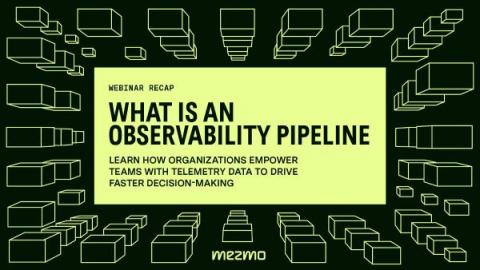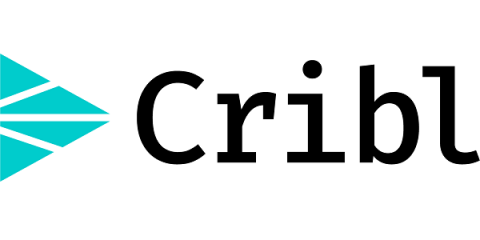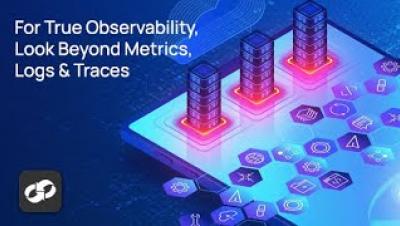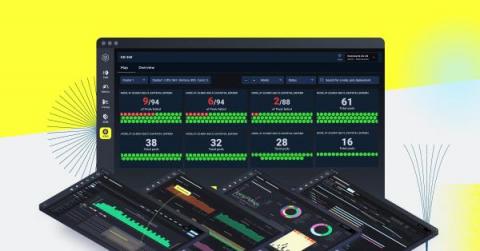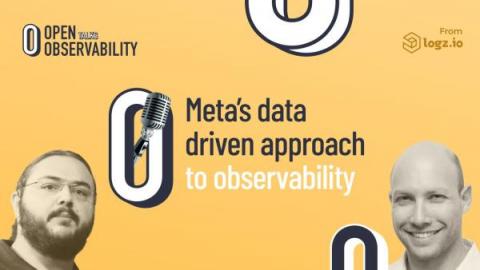Webinar Recap: What Is An Observability Pipeline?
Observability data is mission-critical for businesses that want to provide stellar customer experiences, remain secure and compliant, and mitigate risk. However, organizations are creating more data as they expand their digital presence. Its increasing volume and complexity have teams looking for solutions that enable them to better control that data, derive more value by making it actionable, and all while keeping their costs under control.


